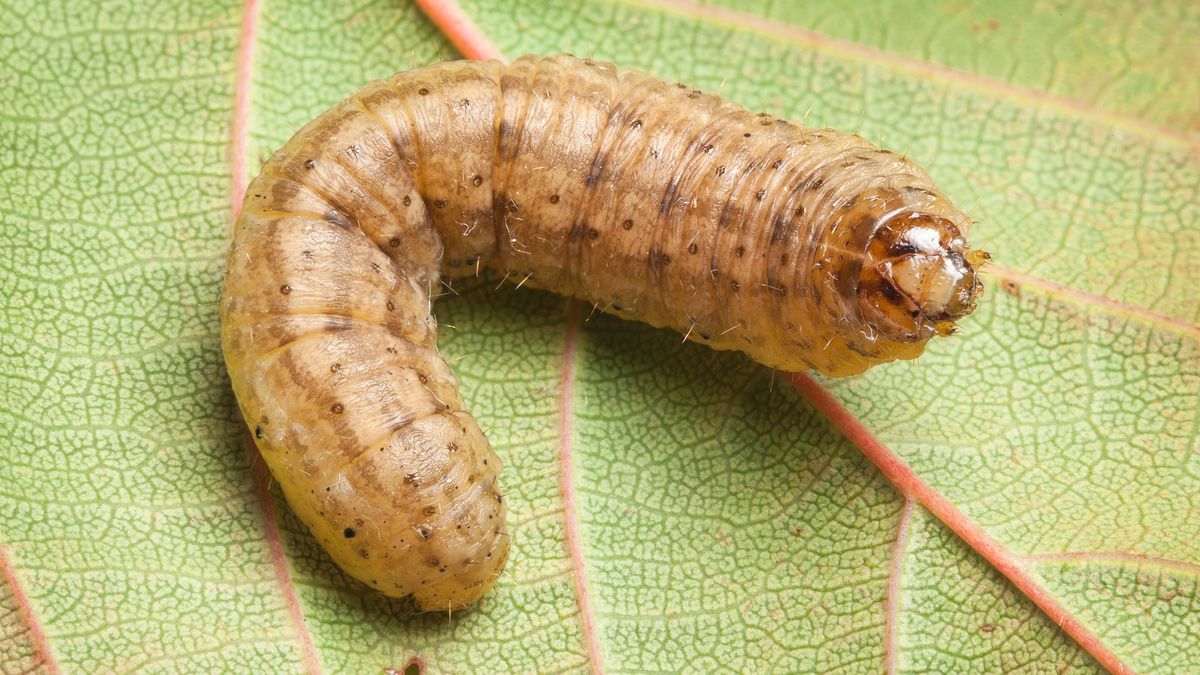Now Reading: Australian Fungus Targets Pesticide-Resistant Armyworms from Within
-
01
Australian Fungus Targets Pesticide-Resistant Armyworms from Within
Australian Fungus Targets Pesticide-Resistant Armyworms from Within

Rapid Summary
- Fall armyworm threat: The fall armyworm, a gray moth native to central and South America, has become one of the world’s most destructive pests to corn crops. It damages various crops like wheat, cotton, sugarcane, and vegetables.Its rapid reproduction (up to 2,000 eggs per female) and migration abilities have facilitated its spread across more than 80 countries.
- Challenges with control methods: Armyworms are resistant to pesticides and difficult for farmers to detect until crop damage is visible. Alternatives include viruses attacking worms, botanical extracts use, engineered crop resistance-but these solutions face scalability or cost issues.
- New breakthrough from Australia: research from Australia’s Department of Primary Industries (DPI) identified five fungi strains that kill fall armyworms quickly. For instance:
– Nomuraea rileyi: Attaches externally to the larva before spreading inside its body and killing it within 24 hours.
– Beauveria bassiana: Another fungus strain kills up to 75% of worms within 48 hours by possibly producing toxins that affect the gut.
- Submission insights & challenges:
– scientists stress careful planning for resistance management as misuse could lead worms developing immunity.- Fungi are naturally occurring in ecosystems; their environmental risks appear minimal compared with insecticides but need detailed assessments before large-scale usage.
- DPI aims at approval for selling fungi-based pest control measures commercially while additional research continues globally.
Indian Opinion Analysis
The emergence of biological solutions like fungi-based pest control has important global implications for countries battling crop loss due to pests-India being no exception.Considering India’s reliance on agriculture as a key economic driver and food security pillar, controlling fall armyworms effectively is critical. These pests already threaten several staple crops grown in India like corn and sugarcane.
While chemical insecticides have long been used hear against such infestations, their environmental harm coupled with worm pesticide resistance underline the urgent need for innovative approaches like Australian fungal research findings. Effective integration of biological controls into India’s pest management protocols could boost farmer yields sustainably; yet proper regulatory review is essential given concerns about unintended ecological effects even from natural agents.
If leveraged correctly through international collaboration or adaptation efforts tailored toward Indian settings-with adequate cost-benefit analyses-the fungal innovation may offer hope against increasingly resistant infestations worsened by cross-border migrations tied often with climate variability or trade patterns.
























